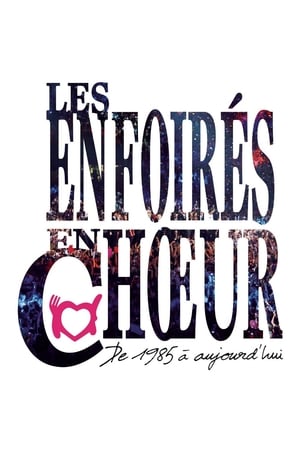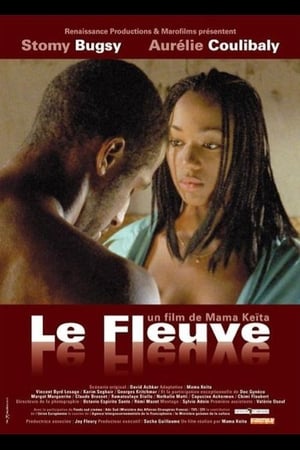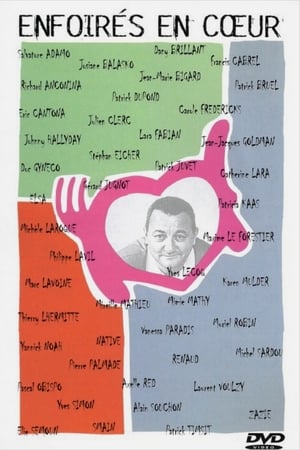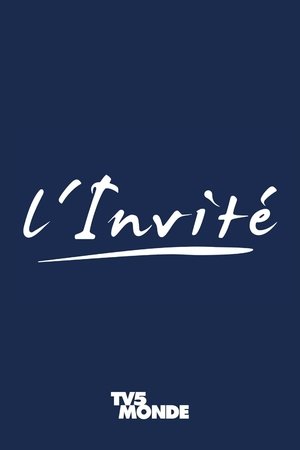Biography
Bruno Beausir (born May 10, 1974), known by his stage name Doc Gynéco, is a French hip hop musician. His music is typically characterized as a ragga/rap style, that has found its fan base in France.
Born in Clichy-sous-Bois, France on May 10, 1974, Beausir's mother was of Guadeloupean origin and his father white. In 1990, he moved with his family to Paris, to Porte de la Chapelle, a district to which he would often pay homage in his songs.
Doc Gynéco launched his career at age 19, writing a few tracks for the hardcore rap group Ministère AMER. After this rap group parted, Virgin Records signed him with the intent of converting his demos into an album in Paris. This project partially fell through; Doc Gynéco then traveled to Los Angeles to work with American producer Ken Kessie. The result of this work would be Première Consultation, released in April 1996, which received large media praise and huge success both in France and the world. Singles from the album include "Est-ce que ça le fait?", "Viens voir le docteur", "Dans Ma Rue", "Passements de Jambes", and "Né Ici". In France, the album will sell more than 1 million copies.
Two years later on December 1, 1998, his second album, Liaisons Dangereuses, was released. Although the main single "C'est Beau La Vie" was a flop, the album still sold reasonably well. Later in a radio interview, Doc Gyneco admitted that he regretted the collaboration he had with politician Bernard Tapie, saying «Je vous le répète, parfois je me goure» ("I'm telling again, sometimes I slip up") .
In the spring of 2001, Doc Gynéco's third album Quality Street was released. Guest stars on the album included the Wu-Tang Clan and Gregory Isaac. The album's first single, "Caramel", met little success, although it was also included on Putamayo Grooves, a compilation album.
Doc Gynéco's fourth album Solitaire was released in August 2002. It proved to be popular. Doc Gynéco received the "Victoires de la Musique" award for Best Hip-hop/Rap Album of the Year. Singles included "Funky Maxime", "Frotti Frotta", and "Flash".
'Menu Best-of', a collection of his hit singles since the beginning of his career was released in 2004. During 2006 the album Homme Nature was released.
After a musical break, he made a comeback in 2016 with a re-release of his first album, Première consultation, to celebrate the 20th anniversary of the album's release. In 2018, he released his seventh solo album, 1.000%.
After the release of his first album, his sexual and provocative lyrics provoked discussion and criticism. However, the album sold 800,000 copies and Doc Gynéco became part of the popularising rap movement of the 1990s. His music, a mix of ragga and rap, addresses controversial subjects like drugs, sex, women, racism, and poverty. For example, one of his biggest hit at the time was “Nirvana,” a pessimistic song in which he promotes the use of drugs: “Je veux me droguer aux aspirines façon Marilyn” (‘I wanna pop pills like Marilyn’). In this song he explains how damaged life is in our society and how it pushes him to use drugs and, eventually to commit suicide: “Je veux atteindre le Nirvana” (‘I want to reach Nirvana”). ...
Source: Article "Doc Gynéco" from Wikipedia in English, licensed under CC-BY-SA 3.0.















